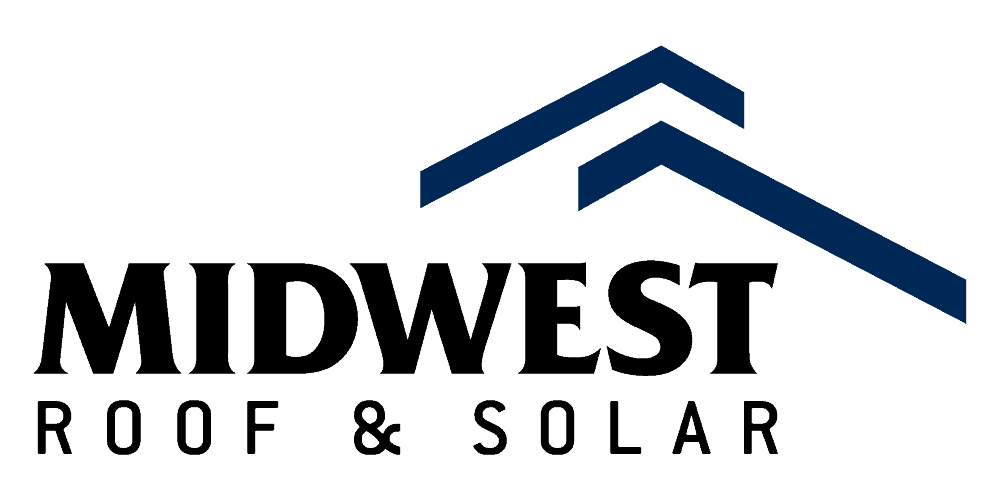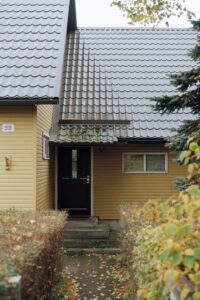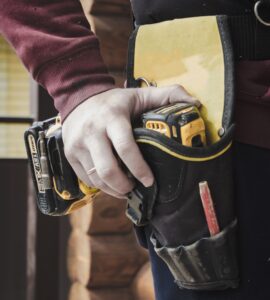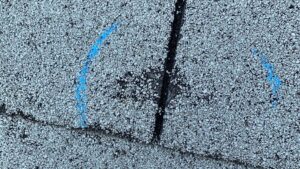Roof damage is virtually inevitable for homeowners in Minneapolis. Whether it be a hailstorm, a fallen branch, or just a strong gust of wind, your roof is susceptible to damage from all different sources. Though roof repairs are crucial to preserve the lifespan of a roof, many homeowners worry about the expense of repairs. But, with insurance coverage, you can receive compensation for many types of roof repairs. This article will explain insurance coverage for different types of roof damage. Remember that you’ll need to file a claim promptly to secure compensation for roof repairs.
Roof Damage And Dwelling Coverage
Roof damage falls under the dwelling coverage section of most homeowners insurance policies. The purpose of dwelling coverage is to offer protection for the structure of your home. Dwelling coverage doesn’t cover the land that your home sits on, or the contents of your home. Your roof is included in the structure of your home, so many types of roof damage are covered under dwelling coverage.
Covered Perils
Your homeowners insurance policy outlines specific “perils”, or risks to your home, that are covered under the policy. Fire, hail, and wind are usually the perils that are covered for roof damage. Some homeowners insurance policies have wind or hail exclusions. In this case, you’ll need to purchase additional insurance for financial protection in the case of wind or hail roof damage.
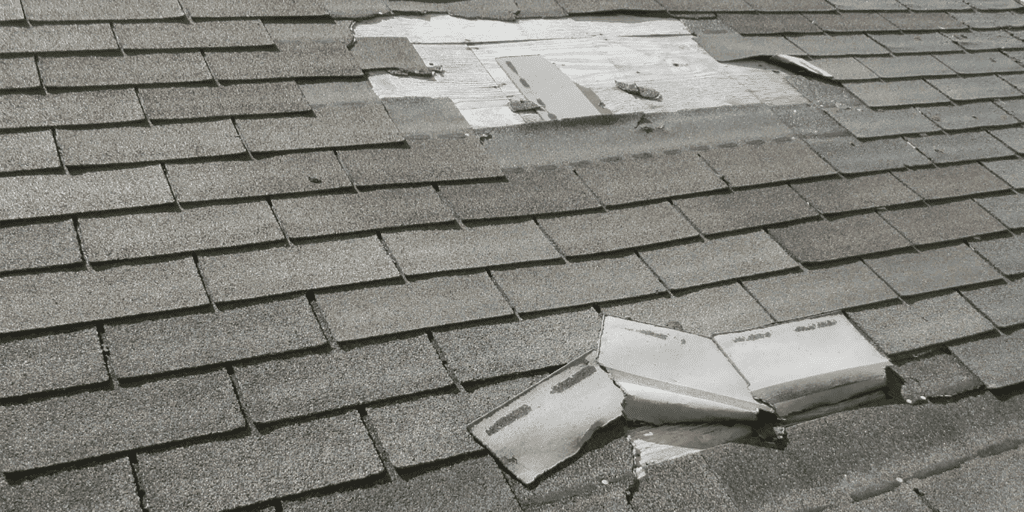
Wind and Hail Coverage
Wind and hail are two of the most prevalent causes of damage to roofing systems. Unfortunately, regardless of that fact, insurance companies may charge extra for wind and hail coverage in some states. This is typically only true for states that frequently experience extreme wind and hail, such as Kansas or Oklahoma.
Deductibles
It’s also now common for homeowners insurance companies to enforce a different deductible for wind and hail damage. If this is the case for your homeowners insurance policy, you’ll need to pay the set wind or hail damage deductible instead of your normal deductible for wind and hail damage.
Wind and hail deductibles may be calculated as a percentage of your total dwelling coverage limit. Or, these deductibles may be determined at a set dollar amount. If the wind and hail deductible is a percentage of your dwelling coverage, you’ll likely be given the choice of percentage and your rate will be calculated accordingly.
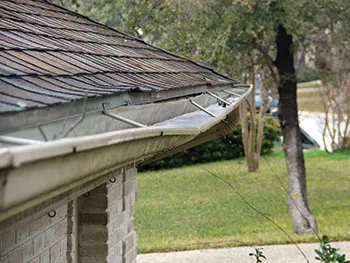
Wear-and-Tear and Poor Maintenance
Homeowners insurance usually doesn’t cover roof damage that stems from wear-and-tear or neglected maintenance. So, if your roof develops a leak, for example, because you put off routine maintenance and repairs, your homeowners insurance policy likely won’t cover the cost to repair the leak. This is one reason why it’s crucial to stay on top of regular roof inspections, maintenance tasks, and repairs.
Depreciation
If your roof is around 20 years old or older, your homeowners insurance coverage for roof damage will likely be limited. For older roofs, homeowners insurance companies usually only provide compensation for the value of the roof with 20 or more years of depreciation factored in. Once your roof hits a certain age, it may make more financial sense to have it replaced than to have it repaired.
Filing a Roof Damage Claim
Time is of the essence when it comes to filing insurance claims. If you wait to file a claim for roof damage, your claim will have a lower chance of approval. This is because when time passes between when the damage occurs and you file a claim, your insurance company can determine that the damage was exacerbated in that period of time. This will put the approval of your claim in jeopardy and you may receive less compensation for the repair costs (if any at all).
To promptly and efficiently file a homeowners insurance claim for roof damage, your best bet is to enlist the help of your Minneapolis roofing experts. With experience in roof damage claims, roofing experts know how to file a claim with the best chance of approval. After all, roofing professionals have worked with homeowners insurance companies many times and thoroughly understand the claims process. Contact us today for help after your roof has been damaged. We’ll help you fix up the damage and file a claim with your homeowners insurance company.

